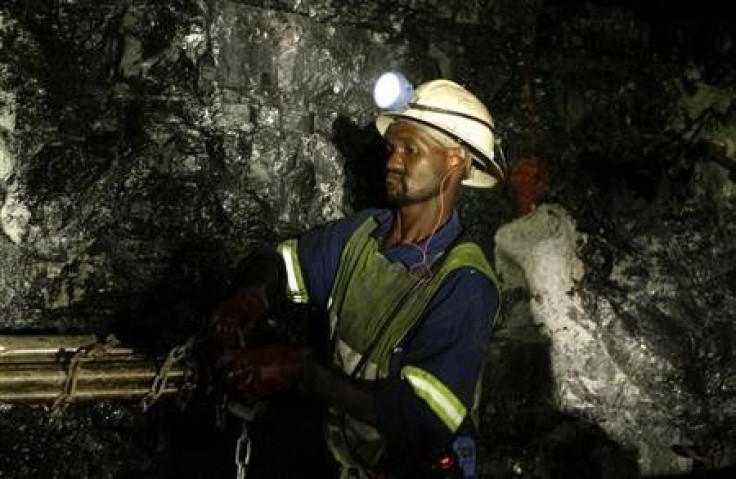Congo's Gecamines refuses to publish mining contracts

Congolese state mining firm Gecamines has refused a request from the mines ministry to publish all revised contracts, saying it cannot do so without the permission of firms involved, according to a letter from Gecamines published on the ministry website.
The refusal is likely to dent a donor push to increase transparency after Congo in May appeared to bow to International Monetary Fund (IMF) and World Bank pressure to publish all mining contracts in an effort to clean up its murky extractive industries sector.
In the letter, dated September 30 and addressed to the mines ministry chief of staff, Gecamines CEO Kalej Nkand said the firm did not usually publish its contracts and confidentiality clauses with its joint venture partners could lead to legal problems if it did so.
The proposed publication of these contracts has no legal basis. It is doubtful that our partners would consent to it, it added, asking the ministry to reconsider its request.
Gecamines has a number of copper and cobalt joint ventures with partners that include Freeport McMoRan, Lundin Mining, ENRC, Glencore-owned Katanga Mining and South Africa's Metorex.
Congolese Mines Minister Martin Kabwelulu said he did not think the letter constituted an all-out refusal of his request.
Meanwhile, IMF country representative Samir Jahjah said he understood that the government still intended to publish contracts in the oil and mining industries.
Fund staff treat the confidentiality of information as a serious matter, and we will assess what implications it means for the programme, he said, referring to a broader programme at improving transparency in Congo's extractive industries, which have traditionally suffered from rampant corruption.
The IMF last month raised with the government its concerns over the lack of transparency surrounding a sale of mining rights by SODIMICO, another state miner.
Congo has carried out a review of all of its mining contracts since 2007. One miner, First Quantum, did not successfully renegotiate its contracts and its licences were revoked.
The resale of First Quantum's assets despite ongoing court cases and further questions over the management of the sector have led to calls for greater transparency.
The transparency rules are part of a governance programme applying to all state enterprises operating in the mining sector.
Last month Albert Yuma, the president of the board of Gecamines, said that the company was not bound by these rules after it was converted into a commercial venture last year, despite the fact that the Congolese state is the sole owner.
Congo has huge reserves of copper, cobalt and gold but remains one of the toughest places in the world to operate, ranking 178 out of 183 in the World bank's ease of doing business report this year.
President Joseph Kabila is hoping to be re-elected in presidential polls later this month, despite critics saying he has failed to tackle rampant corruption, particularly in the mining sector.
© Copyright Thomson Reuters 2024. All rights reserved.











